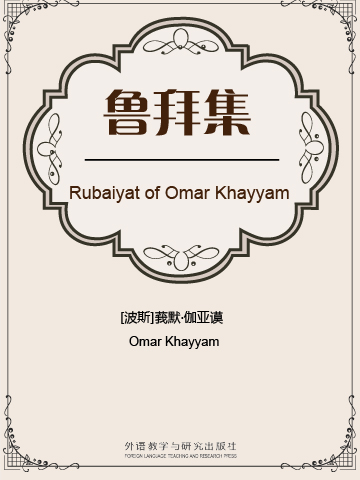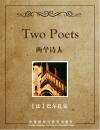作者对传统神学的说教不肯盲从,敢于对真主创世提出质疑:“我们来去匆匆的宇宙,上不见渊源,下不见尽头。”“这亘古之谜你我皆茫然不懂,谜样的天书谁人也解读不通”。他认为,人的生死不过是物质形式的转化。莪默借酒浇愁,以求得内心的一时宽慰,缓解生活中的苦痛。正因为“常常都不遂心”,“厄运与日俱增”,所以他才“热恋杯中酒,倾心丝竹声”。
《鲁拜集》是波斯大诗人莪默·伽亚谟的四行诗集。《鲁拜集》也称做“柔巴依”,阿拉伯语的意思是“四行”、“四行诗”。这种古典抒情诗的基本特征是:每首四行,独立成篇,第一、二、四行押韵,第三行大抵不押韵,和中国的绝句相类似。内容多感慨人生如寄、盛衰无常,以及时行乐、纵酒放歌为宽解。
Philosopher, astronomer and mathematician, Khayyam as a poet possesses a singular originality. His poetry is richly charged with evocative power and offers a view of life characteristic of his stormy times, with striking relevance to the present day. And its luxurious sensual warmth acted as a striking counterpoint to the growth of scientific determinism, industrialisation and the soulless Darwinian doctrine of the survival of the fittest.
- Introduction
- First Edition
- Fifth Edition
- 书评 写书评
- 笔记
-
书评加载中...























 京公网安备 11010802032529号
京公网安备 11010802032529号
笔记加载中...